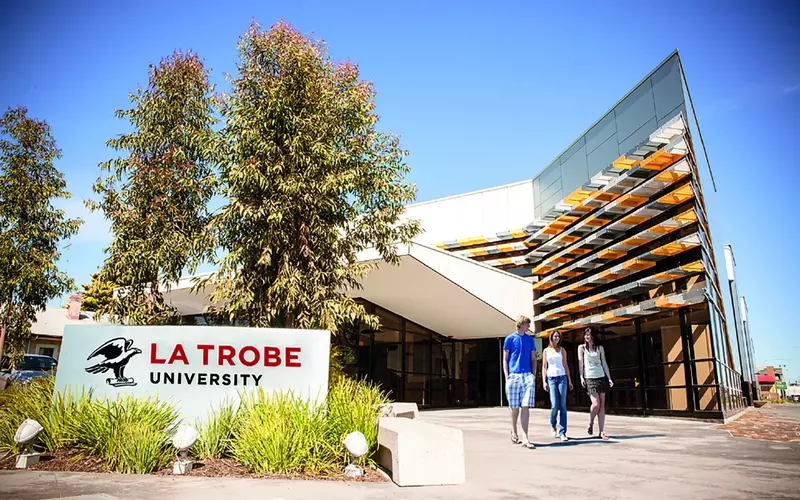The world’s population is set to grow by more than 40 per cent between now and the end of the century. With an extra 3 billion more humans to feed, shelter and nurture, there’s an urgent need for experienced planning professionals who can create sustainable and liveable communities for all. With the Australian Government forecasting strong future job growth for urban and regional planners, there’s never been a better time to advance your career in this important field.
La Trobe’s accredited Master of Planning offers a unique opportunity to excel in this high-demand field, and will develop students’ advanced knowledge of complex planning processes and learn how to create sustainable towns, cities and regions.
Students can explore the big issues in planning. How do communities ensure equitable access to housing, food, transport, education and healthcare? Can communities be made safer and more resilient? And how can communities ensure everyone is meaningfully consulted about changes that affect them?
In this comprehensive planning degree, students will examine the latest social, economic and environmental trends and explore the latest research on planning best practice. They’ll learn how to design innovative solutions to existing and emerging problems, and understand how to transform key policies for urban, regional and rural communities in Australia and overseas.
Scholarships available. Check now!
Pursue any area of interest and gain high-level skills when students choose a specialisation, such as community planning, and urban and regional planning. Students will graduate with a specialisation on their academic transcript, so future employers can recognise their expertise.
In this multidisciplinary degree, students will also choose from a wide range of electives so they can explore the subjects that interest them the most. Students can explore complementary subjects from La Trobe’s international relations, civil engineering and public for their dream career.
Students will develop their professional portfolio, expand their networks and build their experience while they study. In this highly practical degree, students will have the opportunity to work on live projects for local councils and government agencies, and directly shape policies that affect real-life decisions.



